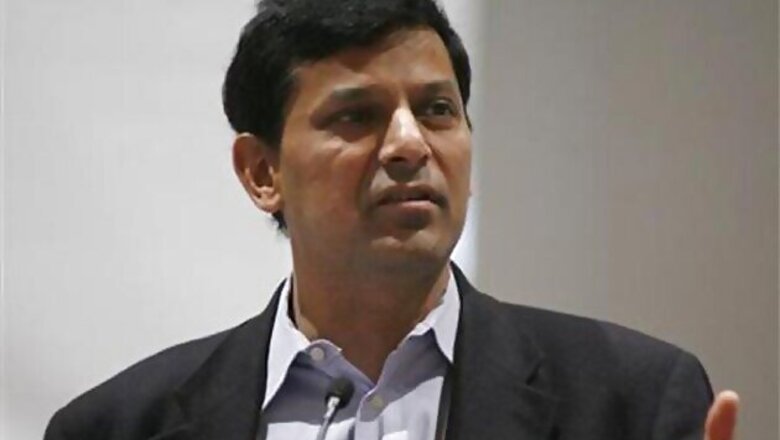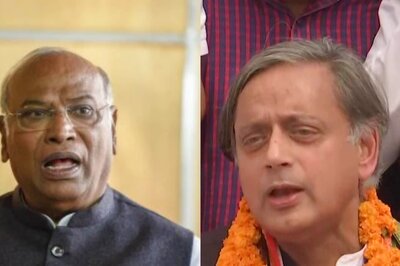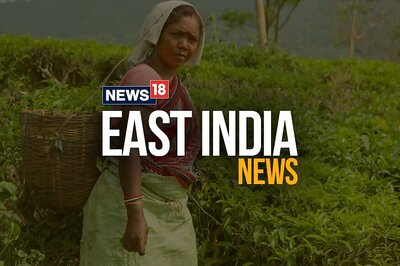
views
Mumbai: As the debate over the definition of poverty continues, Reserve Bank of India Governor Raghuram Rajan on Wednesday said that descriptions don't matter when it comes to financial services, which are unavailable for a large number of people.
"It doesn't matter that we have a precise definition. There's so much demand for financial services in the country that we don't need to delineate 'you get it, you don't'. Everybody needs it," Rajan said.
The Governor spoke after meeting Queen Maxima of the Netherlands, who is the UN Secretary General's Special Advocate for Inclusive Finance for Development, at the RBI headquarters. "Just creating an environment in which it can expand is enough. We have to work on creating that environment. But we don't need to choose between people. Whoever can benefit, they should get it," Rajan added.
Queen Maxima appreciated the approaches adopted in the country to achieve financial inclusion goals and specifically mentioned the use of prepaid cards. "I am happy to see the good work being done in the direction of financial literacy to achieve the inclusion goals," Maxima said.
She called for more innovative efforts at making financial products available to low-income households. Innovation is also needed on the delivery channel side, she said. Some estimates pegging the percentage of the population untouched by financial services at nearly 50 per cent have prompted the government and the RBI to start affirmative action through financial inclusion programmes.
Former RBI governor and ex-chairman of the Prime Minister's Economic Advisory Council C Rangarajan on Tuesday submitted a report on the Suresh Tendulkar Committee's methodology of estimating poverty to the Planning Commission. The report is expected to clear the ambiguity over the number of poor in the country.
The Planning Commission's estimates had drawn flak in September 2011 when, in an affidavit in the Supreme Court, it stated that households with a daily per capita consumption of over Rs 32 in urban areas and Rs 26 in rural areas would not be treated as poor.
According to the Commission's estimates based on Tendulkar's methodology released in July 2012, the poverty ratio declined to 21.9 per cent in 2011-12 from 37.2 per cent in 2004-05 on account of an increase in per capita consumption.
The national poverty line, using Tendulkar's methodology, was estimated at Rs 816 per capita per month in villages and Rs 1,000 per capita per month in cities.




















Comments
0 comment